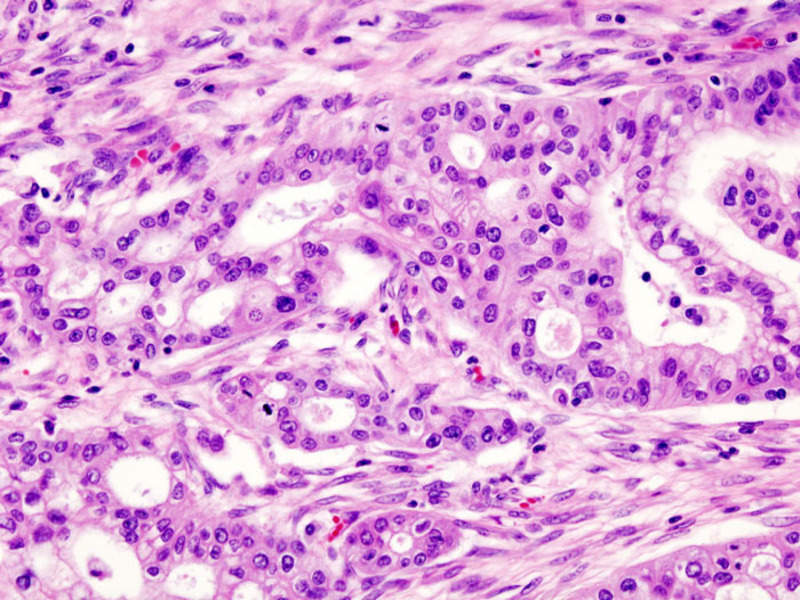
_Case_01.jpg)
US-based pharmaceutical company Bellicum Pharmaceuticals has begun dosing in its Phase I clinical trial (BP-012) of BPX-601 for the treatment of patients with non-resectable pancreatic adenocarcinoma.

Discover B2B Marketing That Performs
Combine business intelligence and editorial excellence to reach engaged professionals across 36 leading media platforms.
BPX-601 is a chimeric antigen receptor (CAR) T-cell product candidate designed to facilitate control over the expansion and stimulation of the cells.
It targets solid tumours that express prostate stem-cell antigen (PSCA), with an initial indication in non-resectable pancreatic cancer.
The open-label, non-randomised, dose-finding Phase I trial will evaluate the safety and activity of BPX-601 and a small molecule activator agent rimiducid in approximately 30 patients.
Bellicum president and chief executive officer Rick Fair said: “We believe the initiation of the BPX-601 clinical study is an important milestone in the advancement of CAR-T therapies.

US Tariffs are shifting - will you react or anticipate?
Don’t let policy changes catch you off guard. Stay proactive with real-time data and expert analysis.
By GlobalData“The ability to control the intensity and duration of a cell-based treatment may help address the limitations that current CAR-T therapies face, especially when targeting solid tumours.
"While our first study is in pancreatic cancer where there is great need for improved treatments, we intend to explore BPX-601 in other tumours known to express PSCA, including prostate, ovarian, bladder, esophageal and gastric cancers.”
BPX-601 consists of a modified CAR T-cell called GoCAR-T, which includes the firm's dual costimulatory domain MC (inducible MyD88 / CD40) activation switch.
It is expected that GoCAR-T will enable the modification of stimulation and proliferation of BPX-601 cells by adjusting the rimiducid administration schedule.
The trial is to be conducted at the Baylor University Medical Center in Dallas, US, and will determine the safety of the BPX-601 administration and rimiducid infusion in addition to the long-term persistence of CAR-T cells.
Image: Histopathogic image of pancreatic adenocarcinoma. Photo: courtesy of KGH / Wikipedia.





